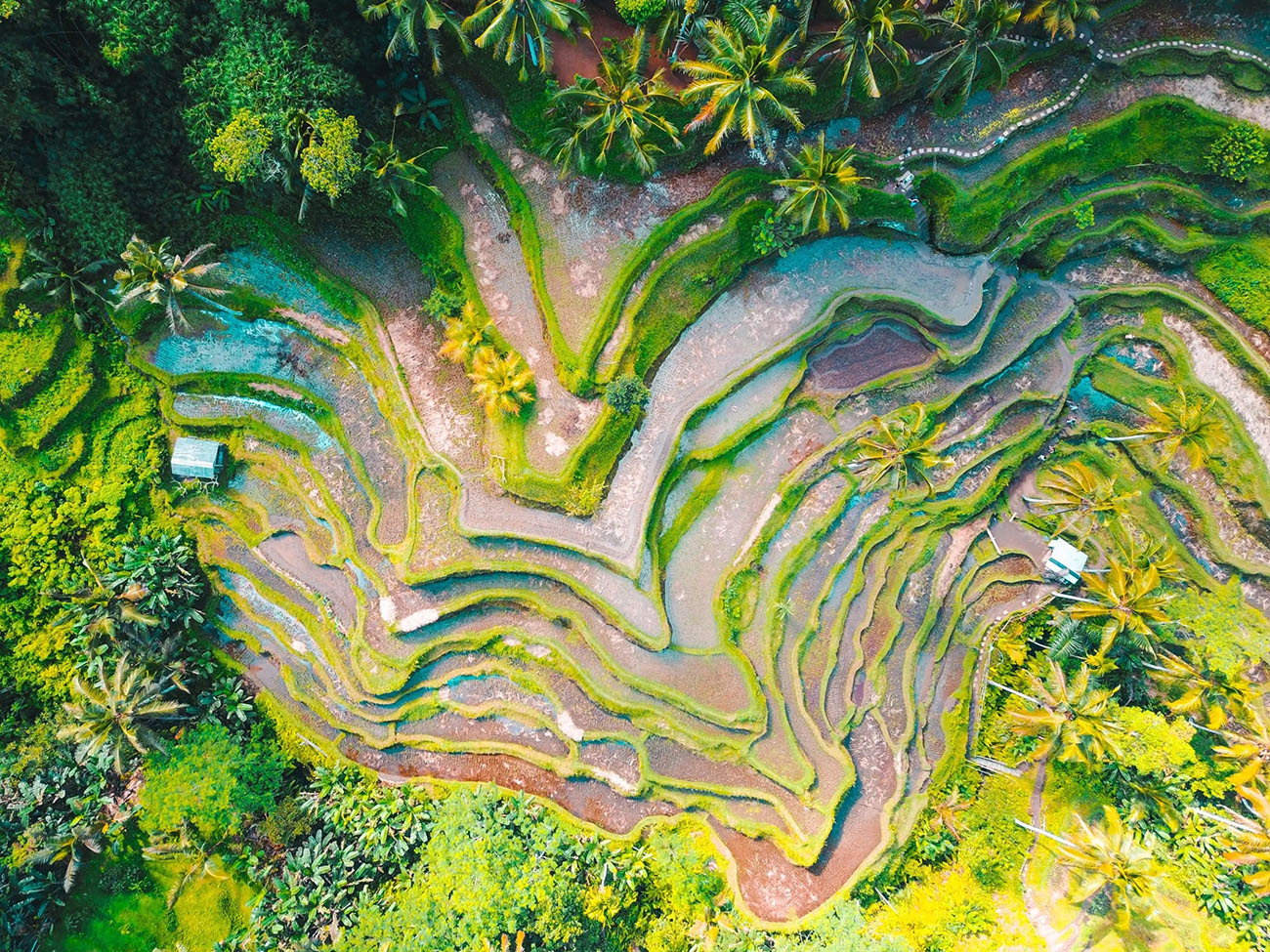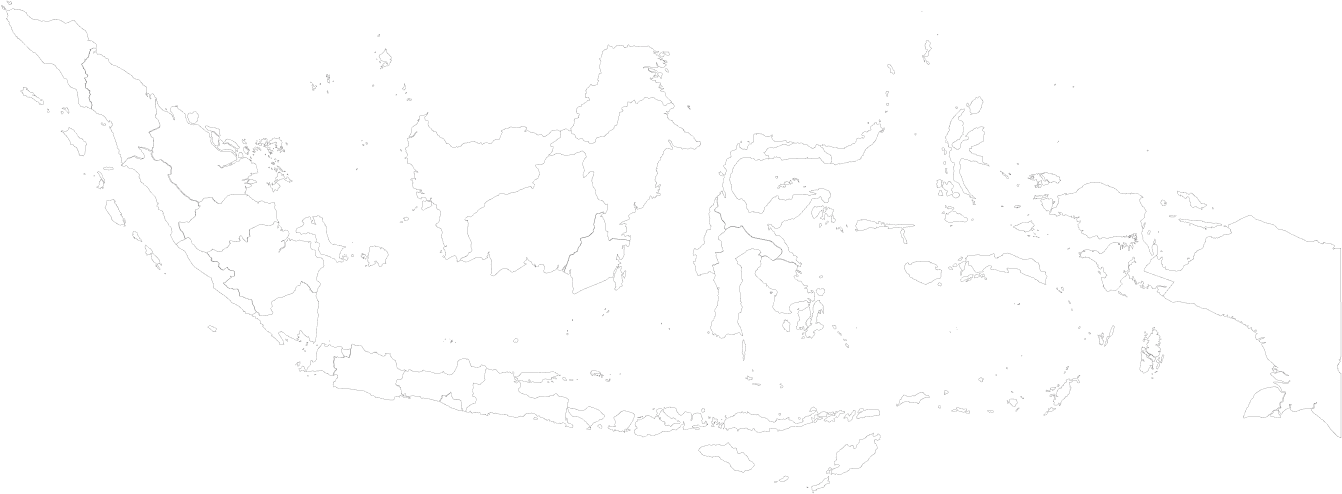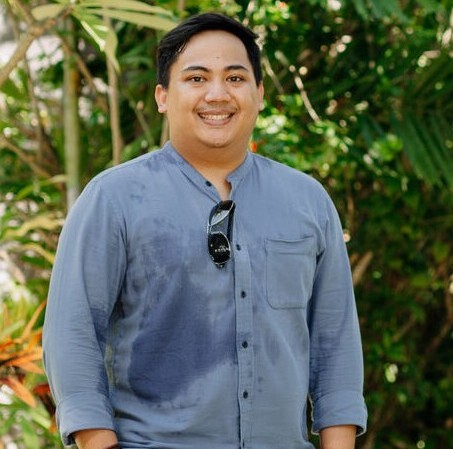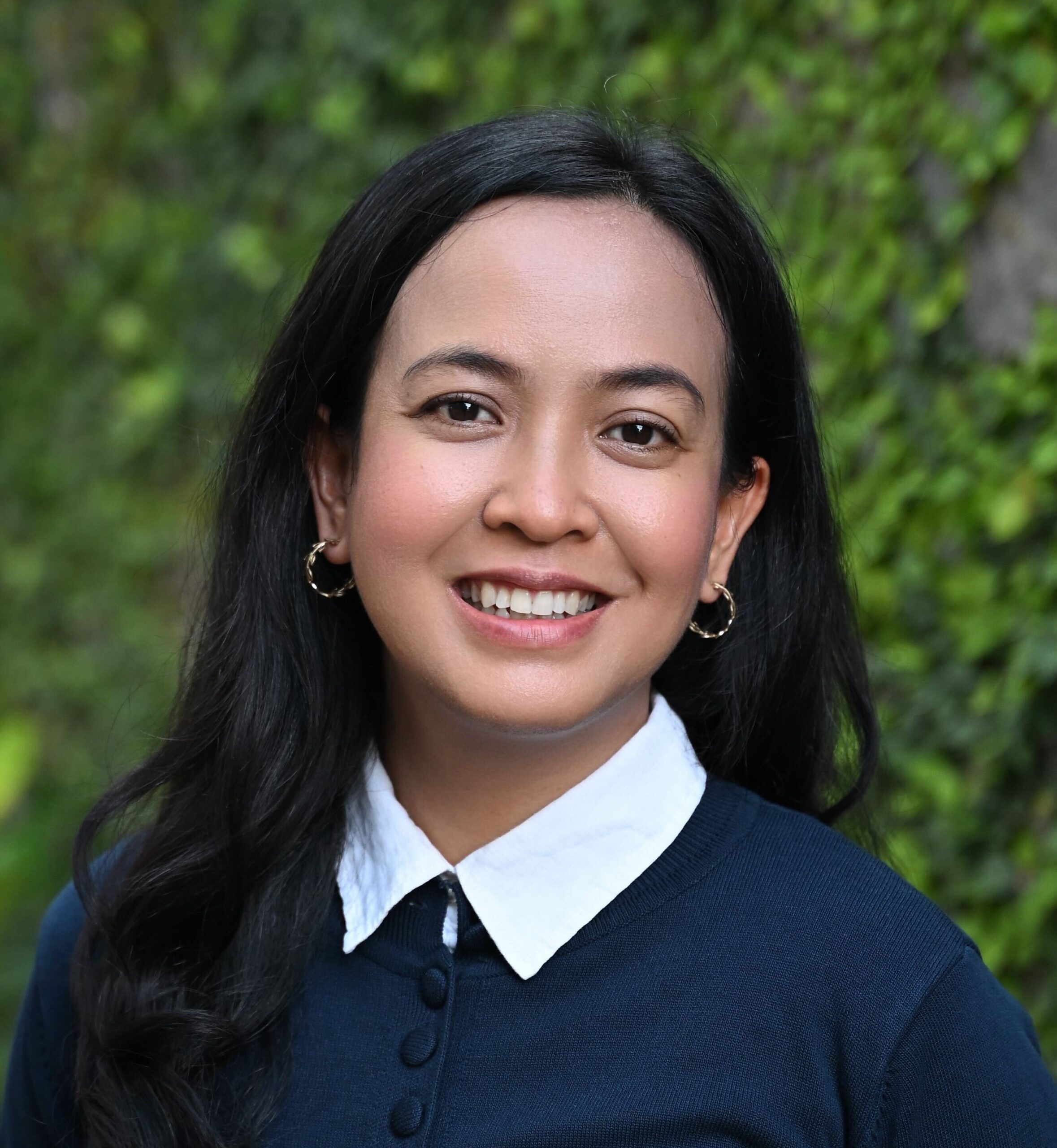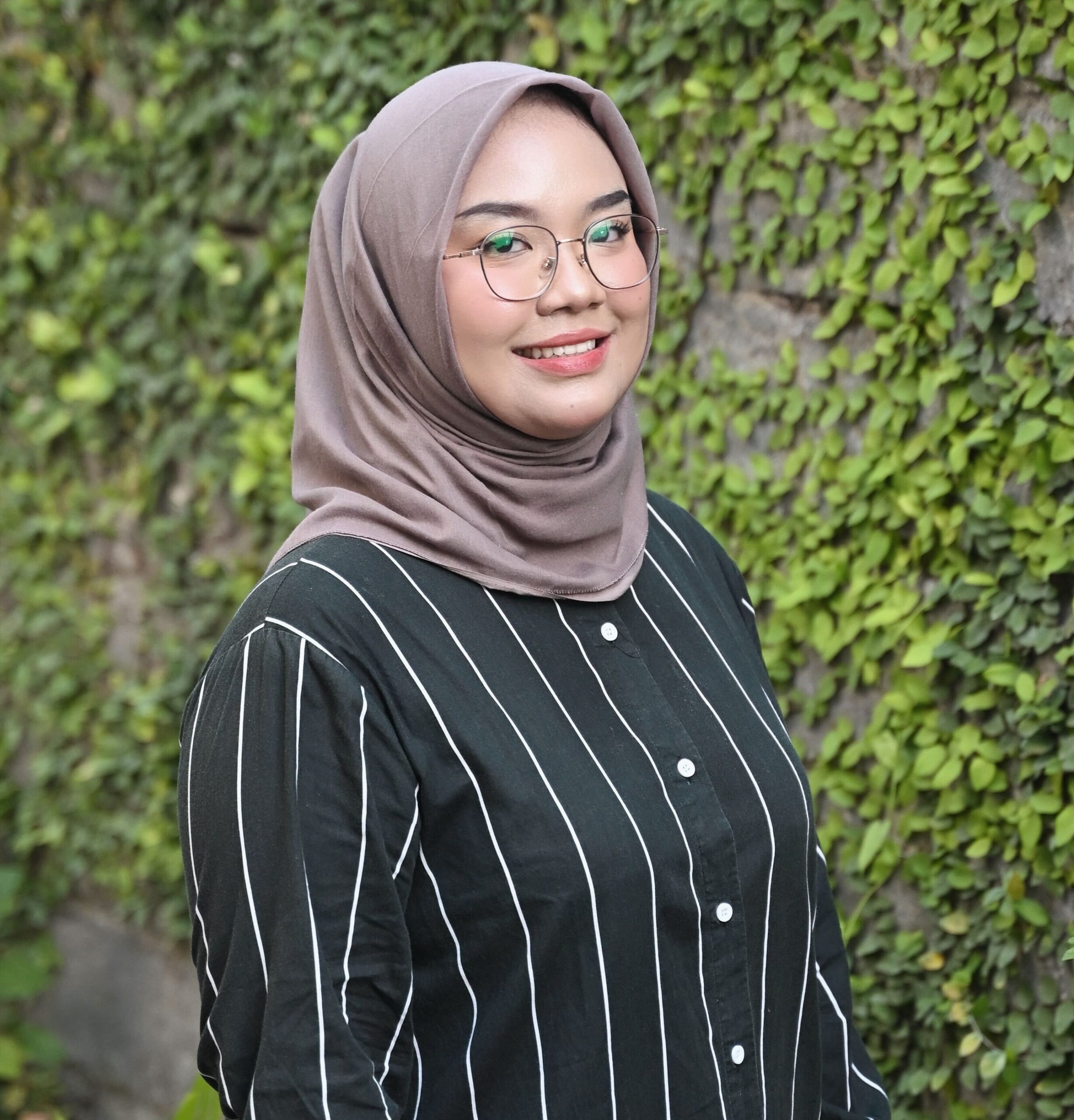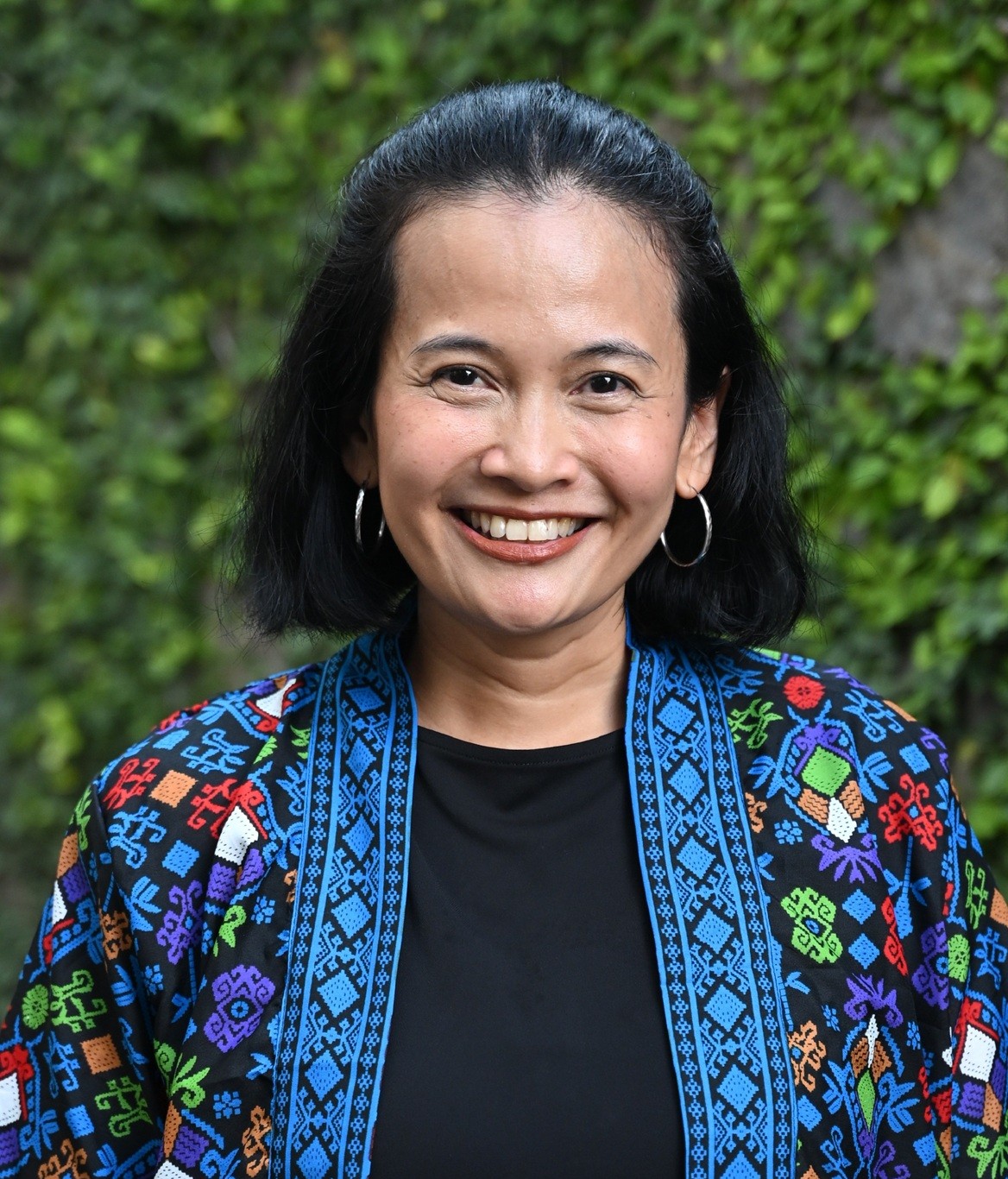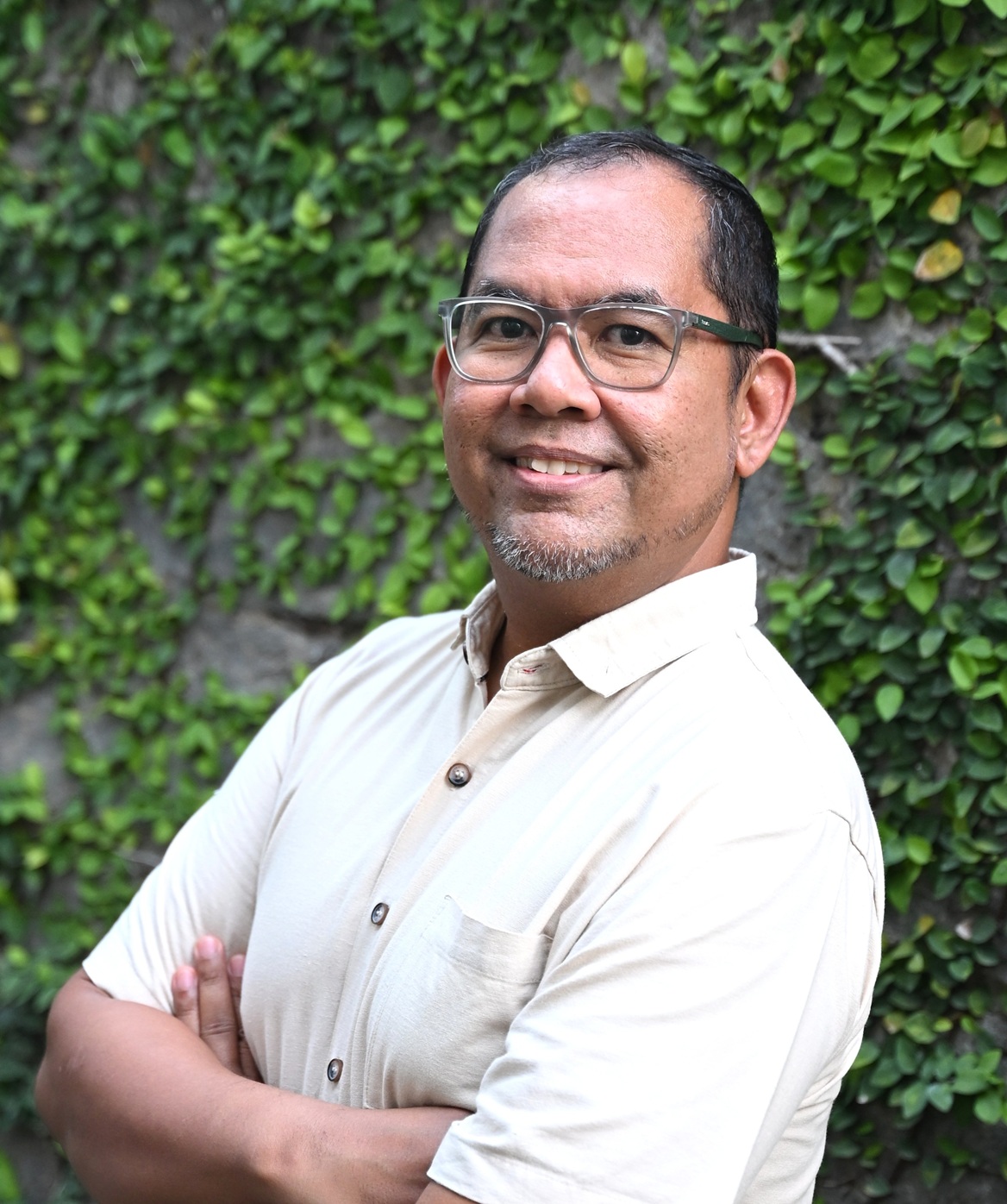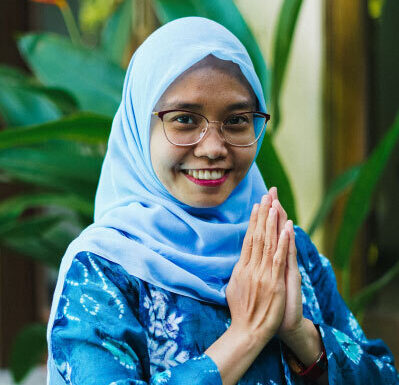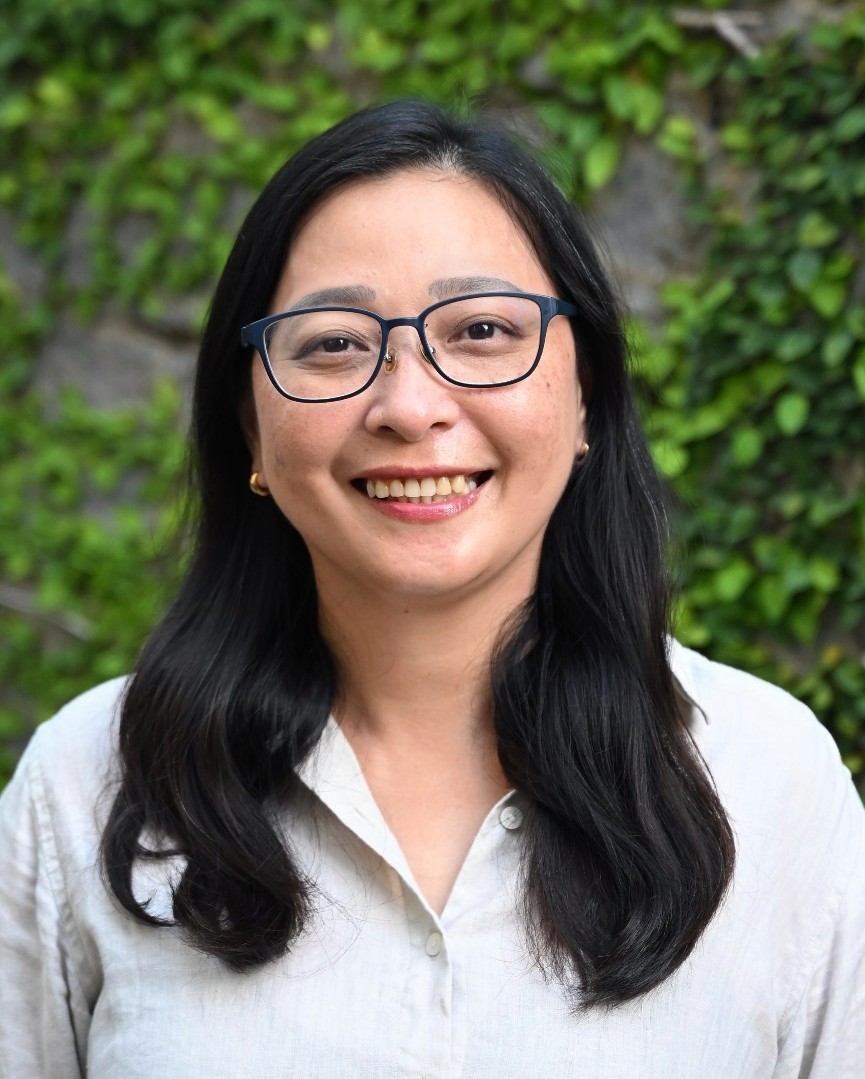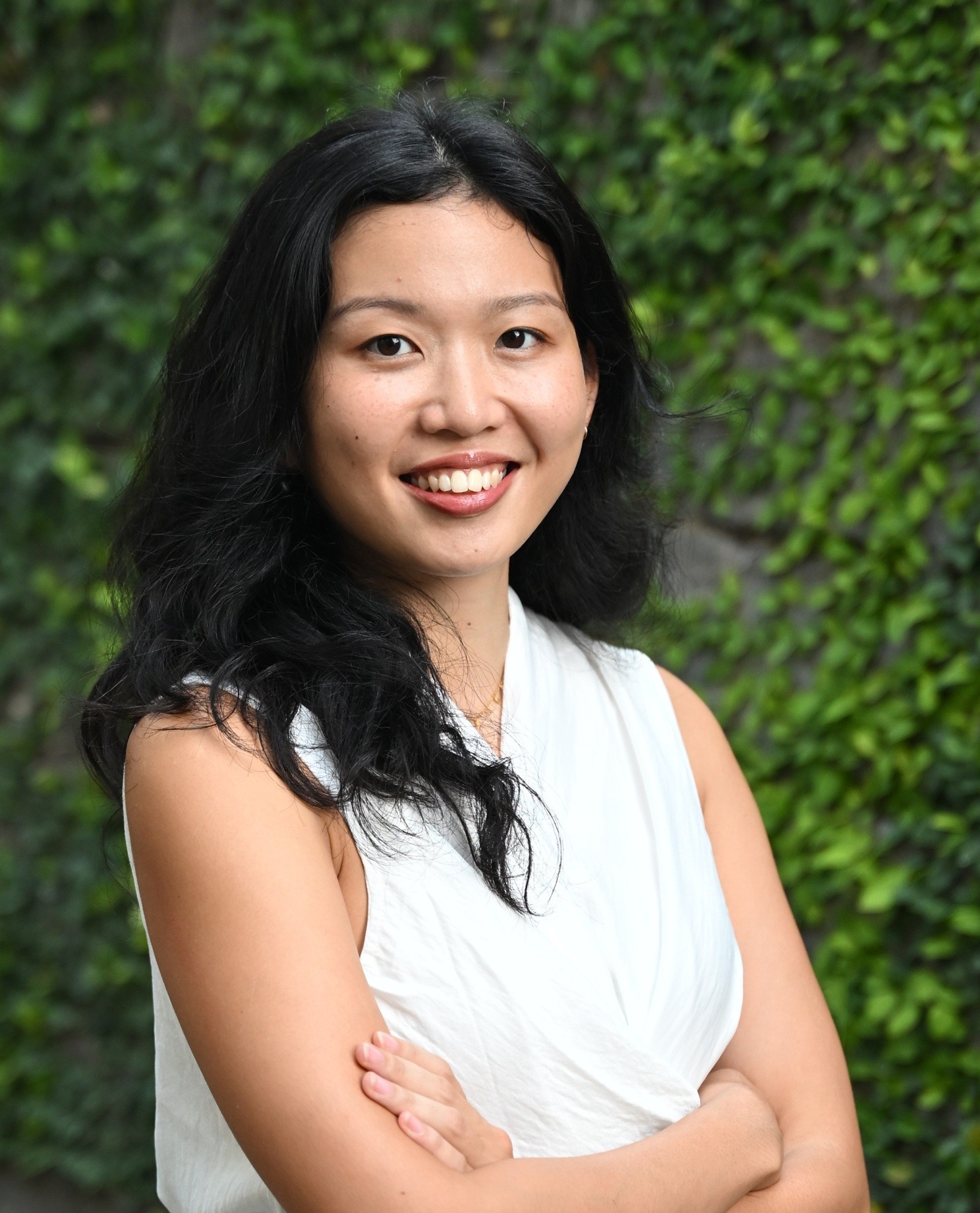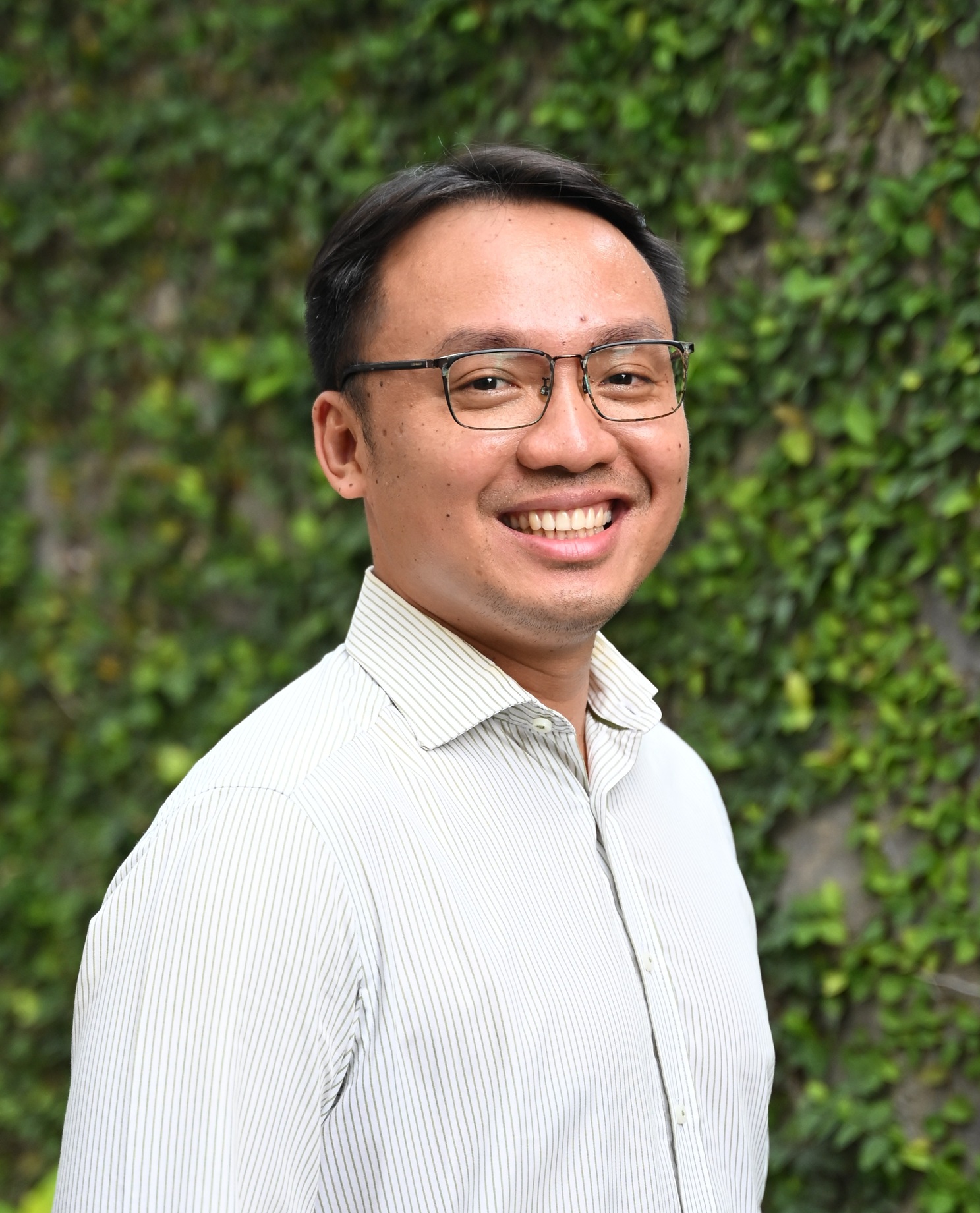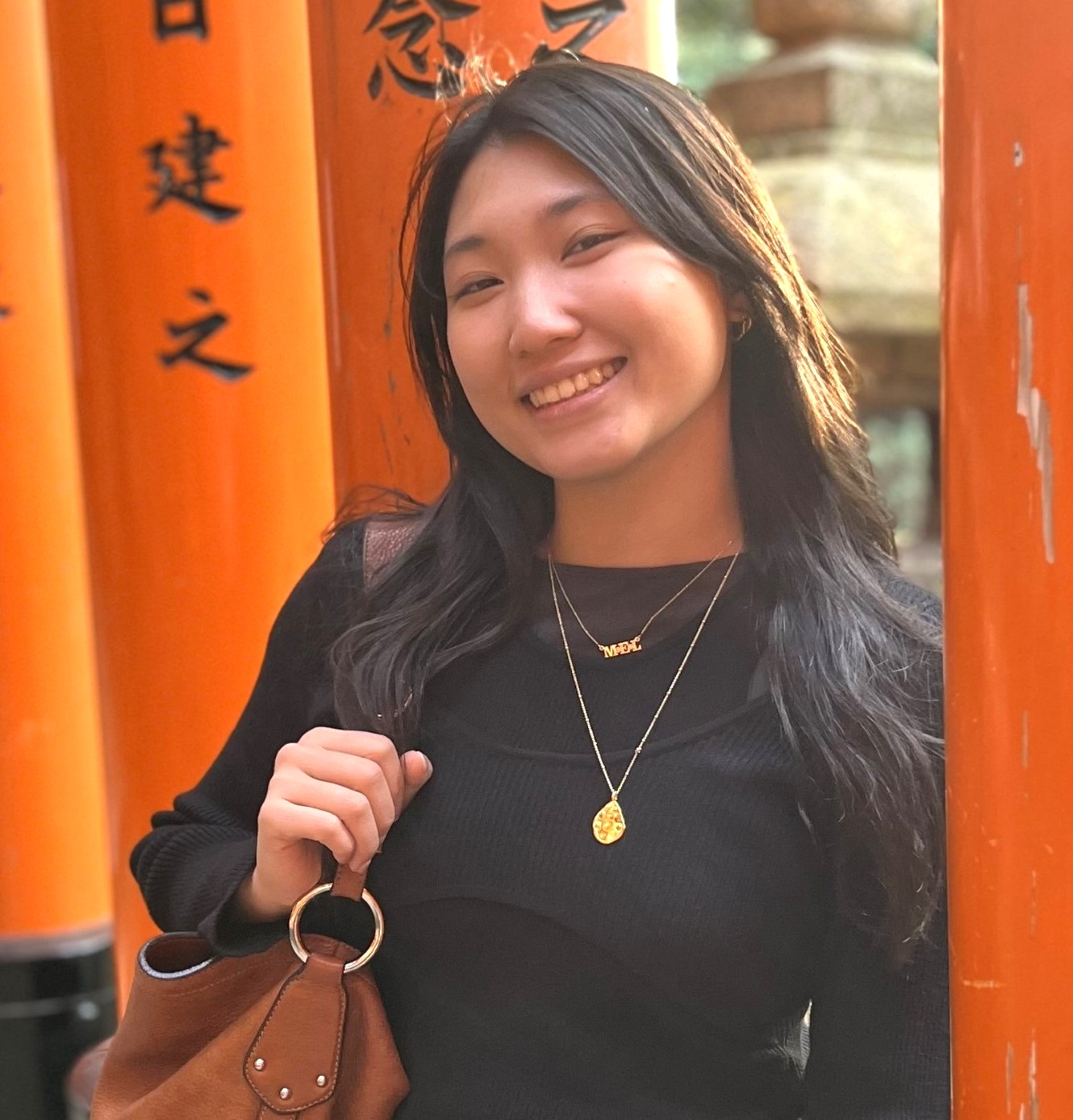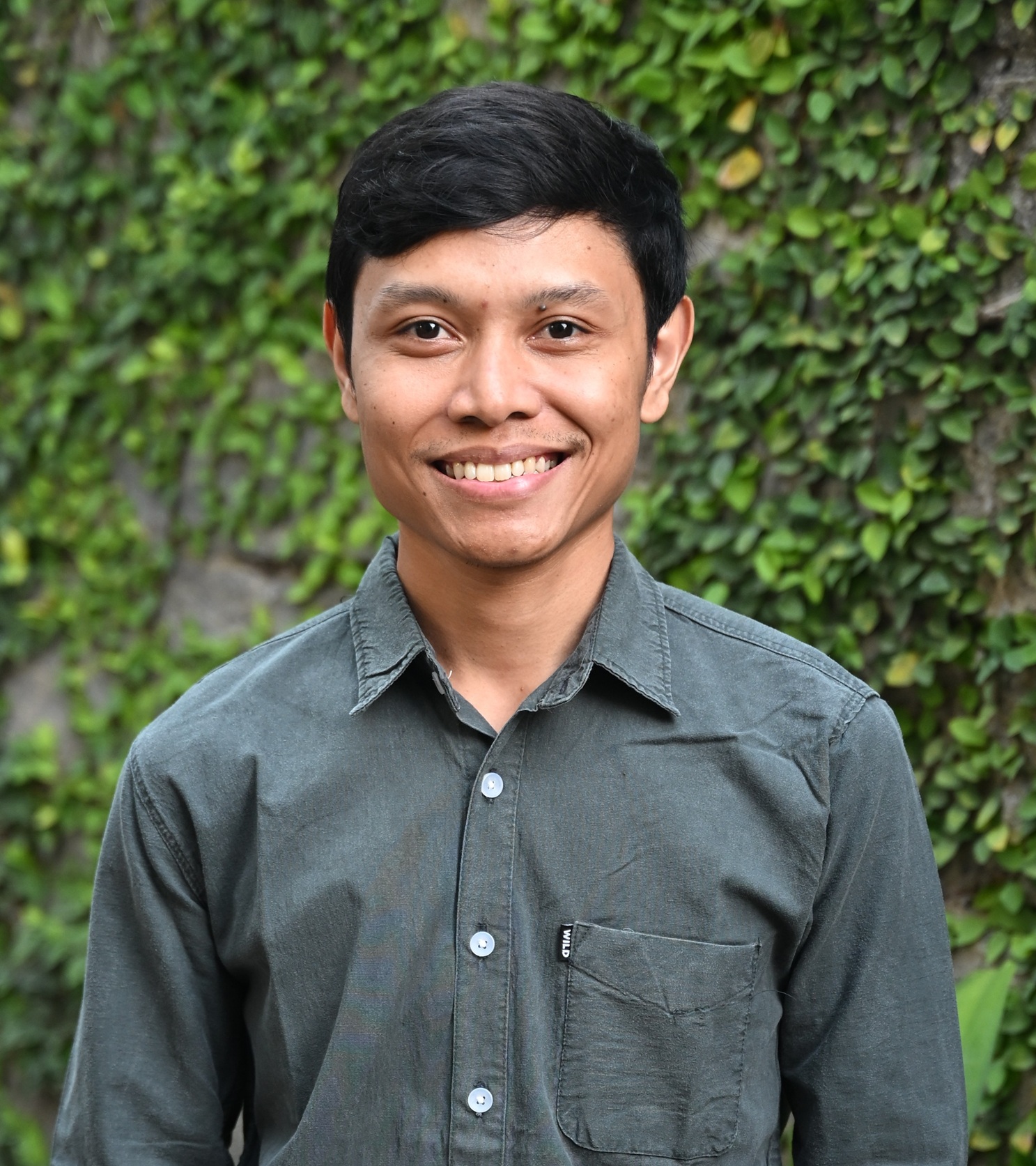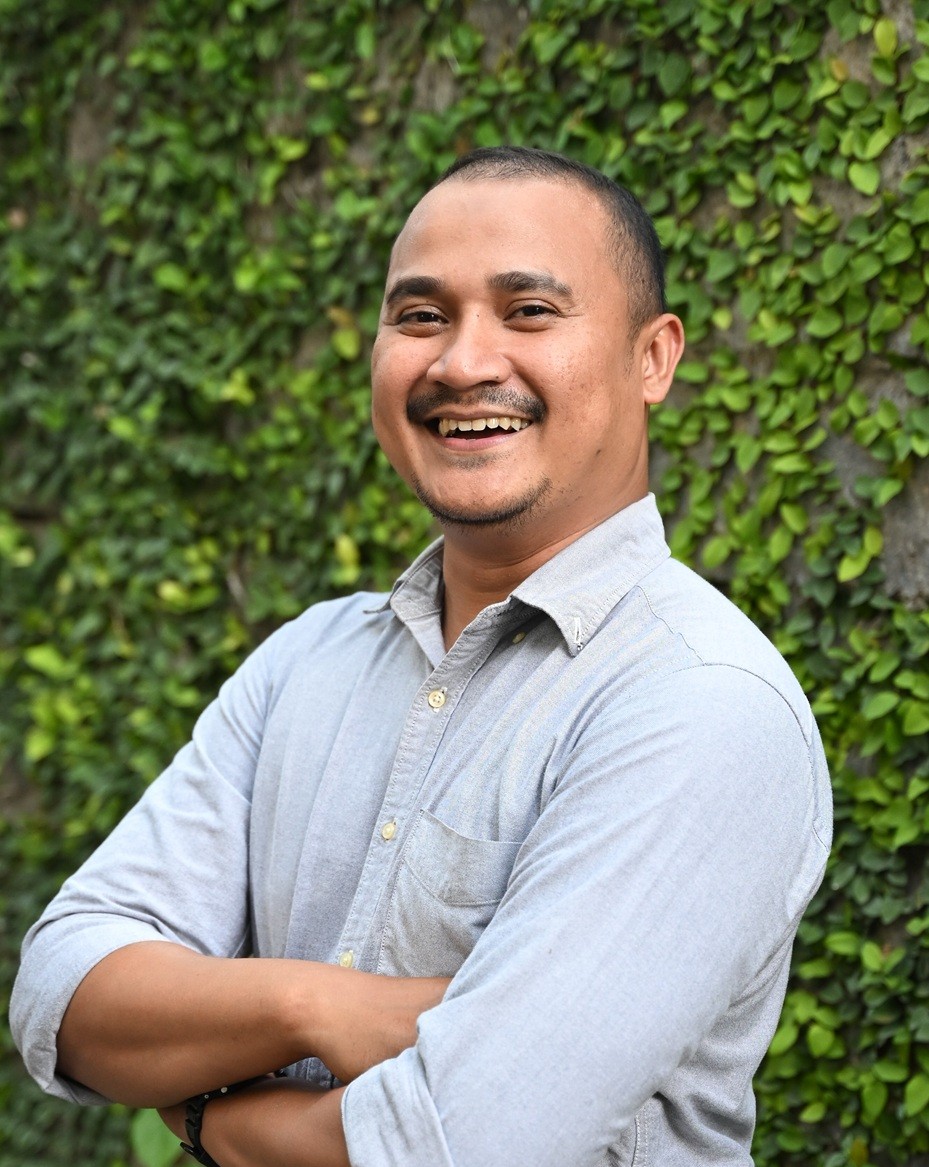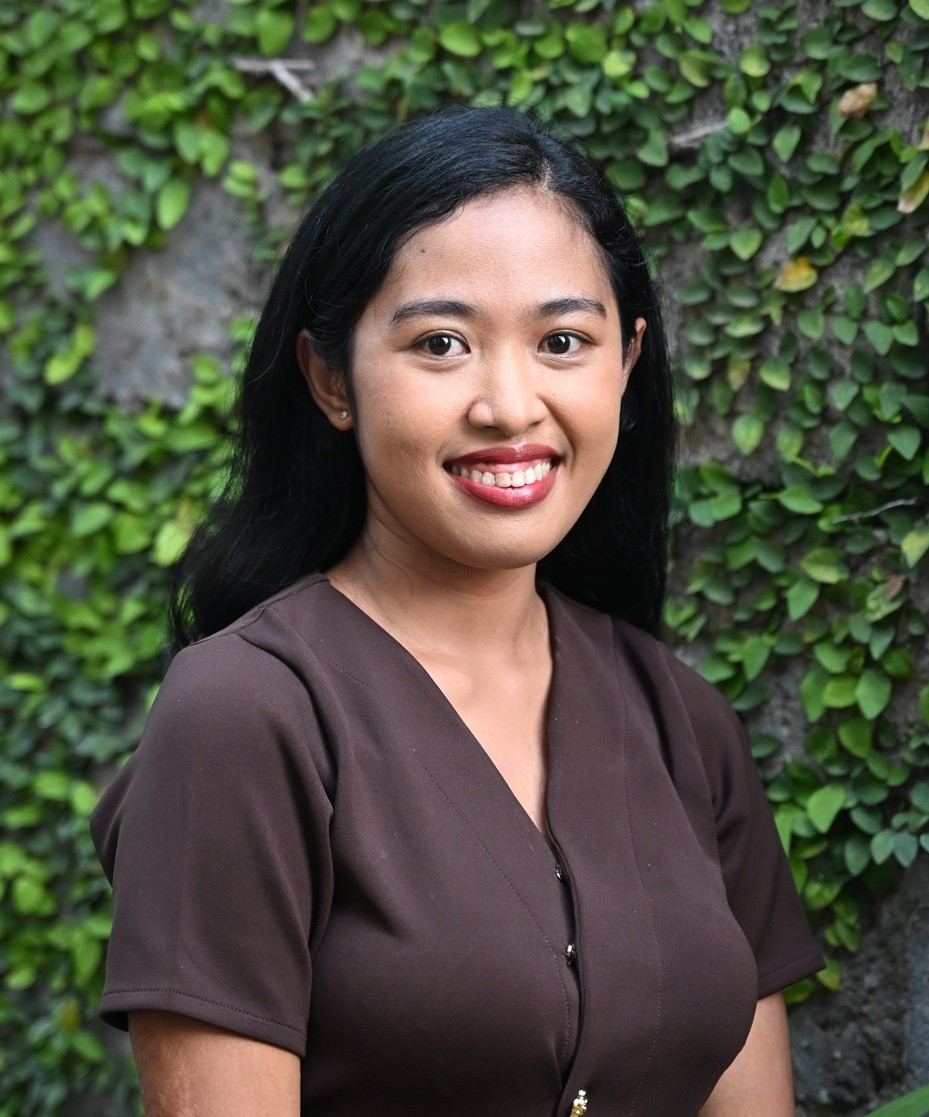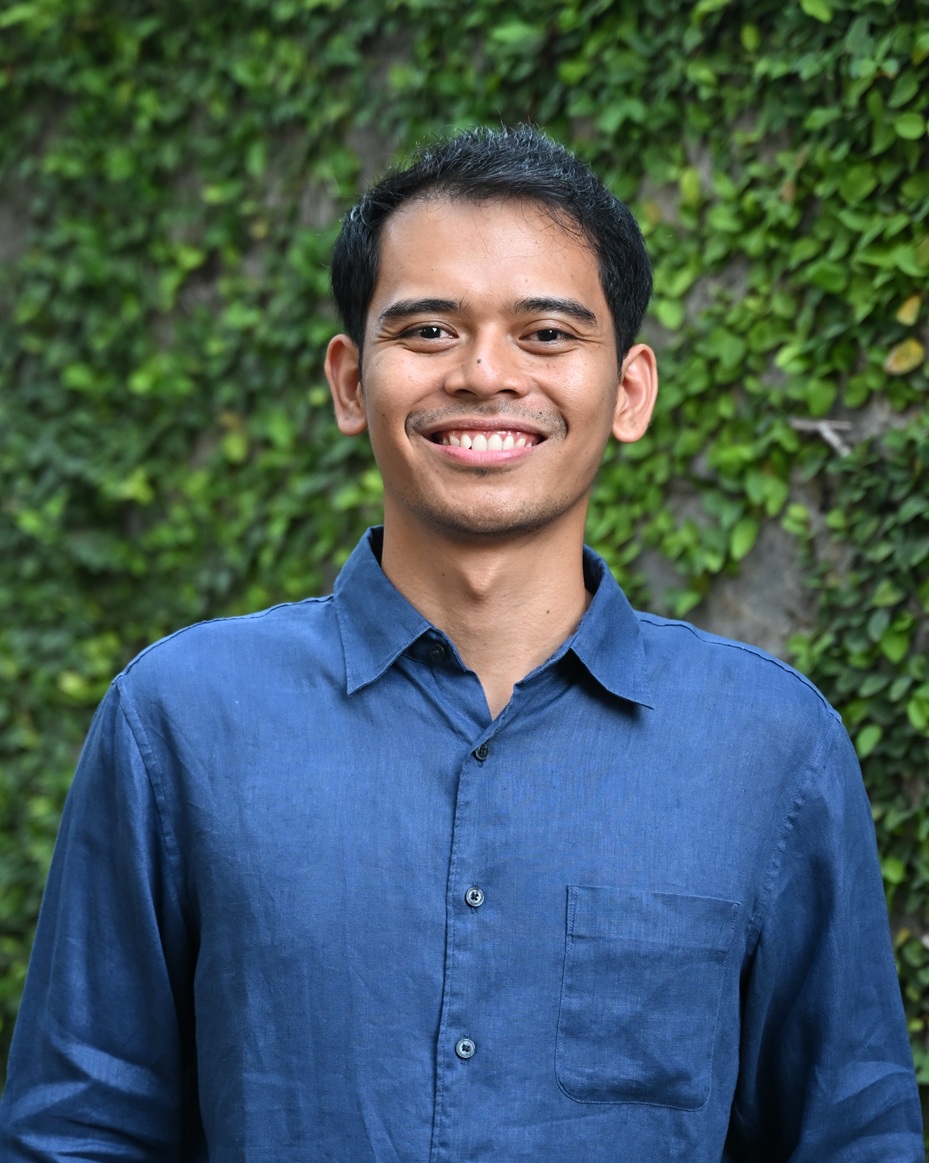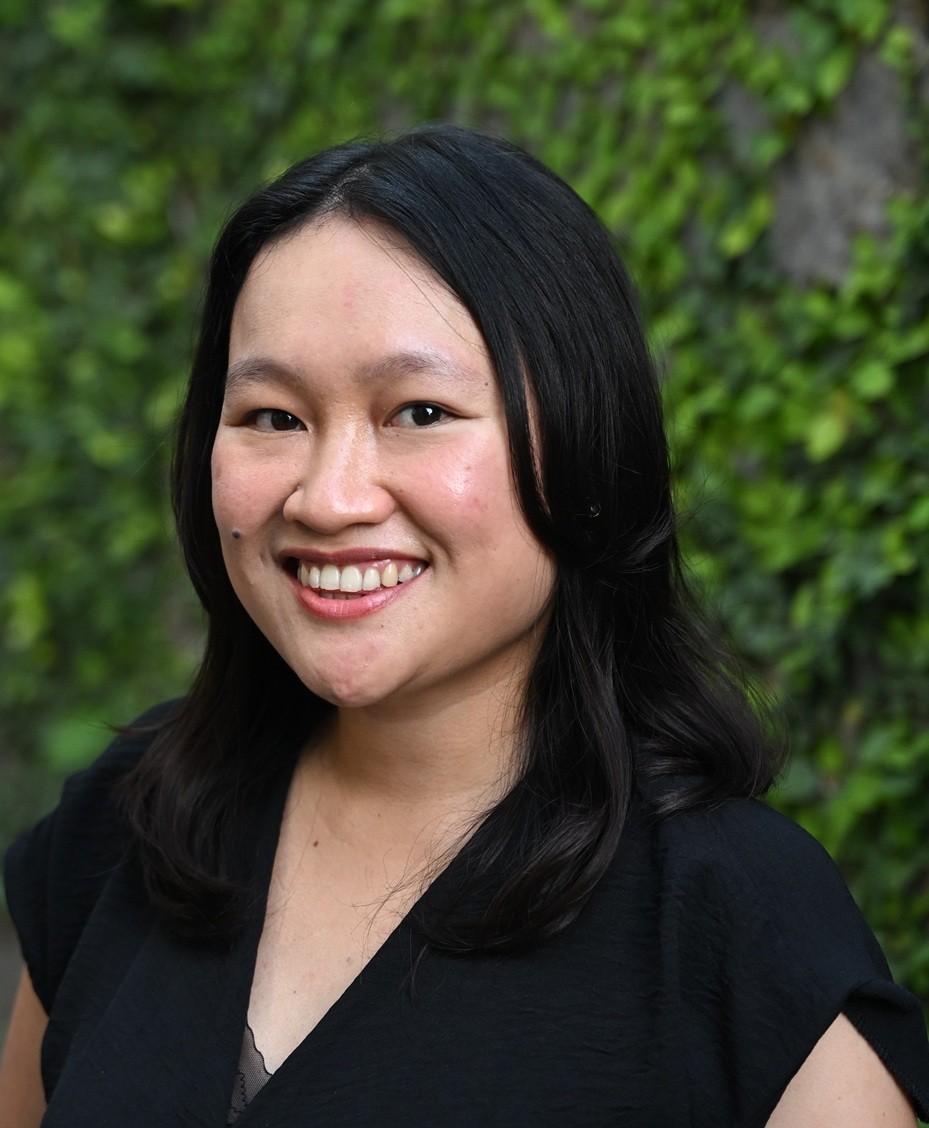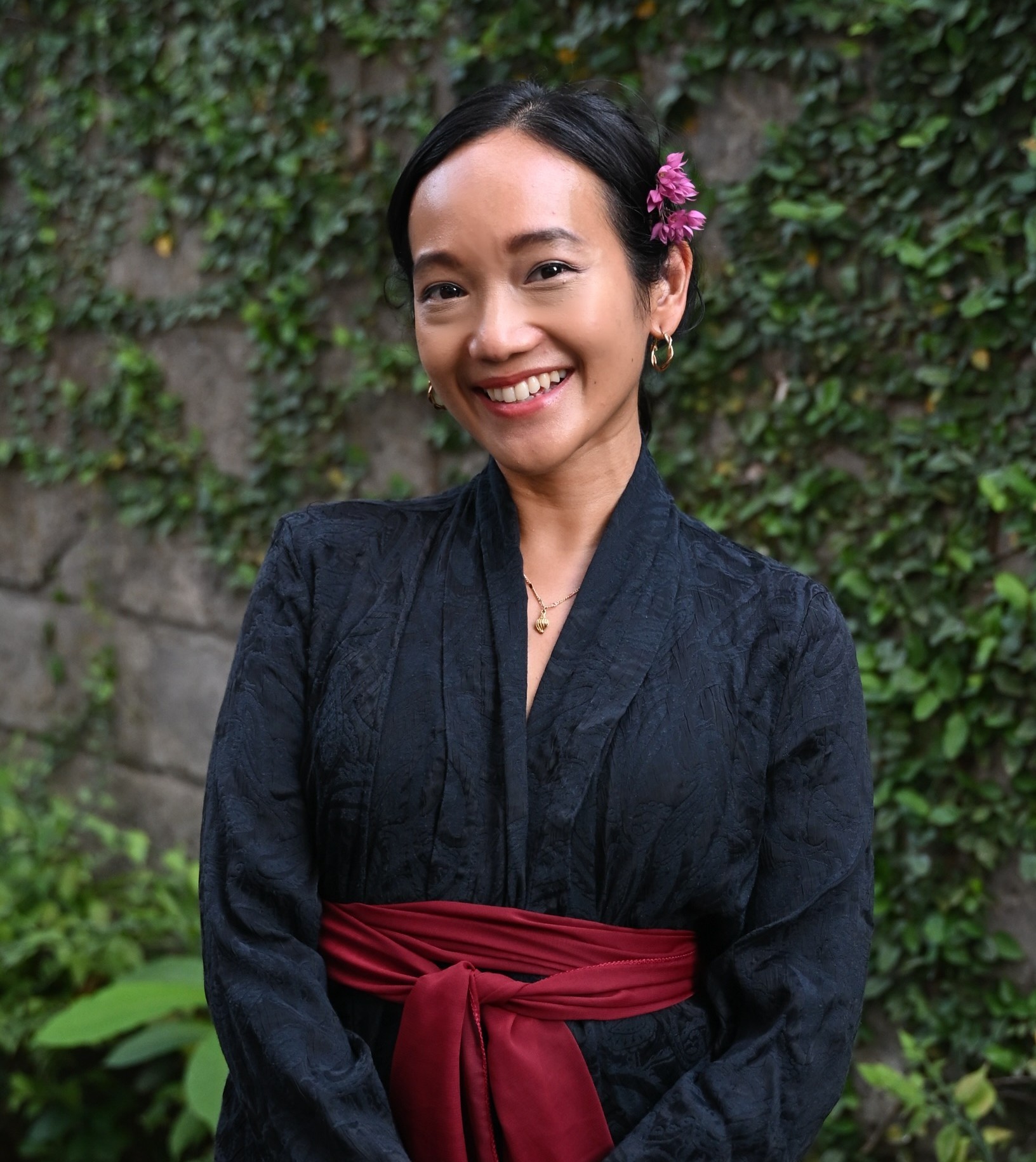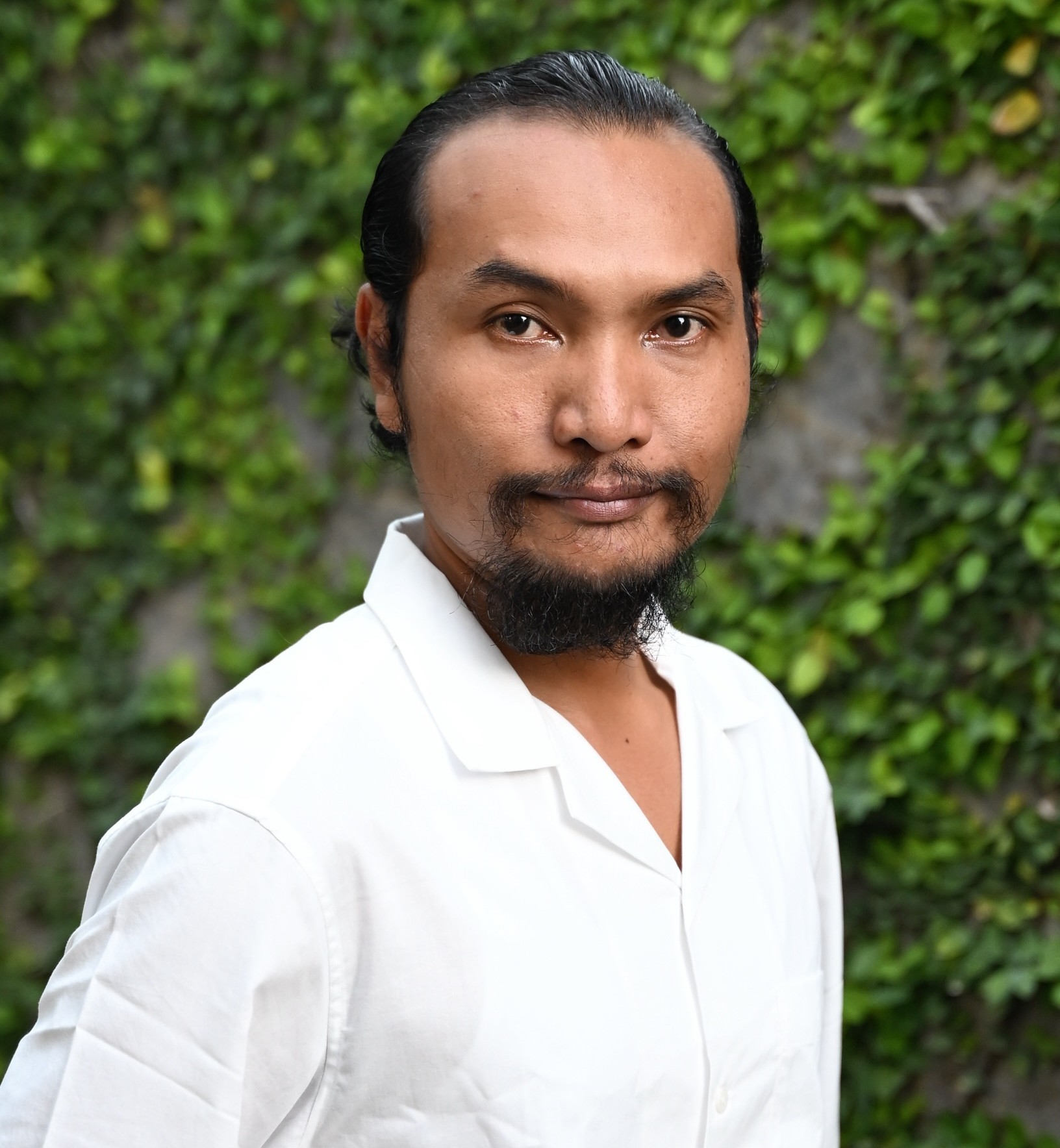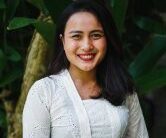Overview
Most communities in Indonesia have no access to formal waste management leading to wide spread dumping and burning of waste.
Our vision is to enable thousands of community-owned, sustainable waste collection and recycling programs across Indonesia bringing effective and affordable waste management to millions. We started with a successful pilot in Sanur Kauh, Bali of our Rethinking Recycling initiative, which transforms waste management systems of whole cohorts of villages at once. In addition, we are working with corporate players on the demand side to create traceability and transparency, improve logistics, and build local markets to reliably absorb the supply of recycled materials on an ongoing basis at a fair price. In the coming years, we plan to scale our solutions across Indonesia and to other countries in Asia.
Rethinking Recycling - Bali
Initiatives
The Challenge
In Indonesia, there are nearly a thousand facilities, known as TPS3Rs, meant to provide waste collection service, sort dry recyclables for sale, and process organic waste into compost. Many of these facilities lie idle, leaving communities to burn or dump mixed waste in unmanaged landfills, with disastrous consequences for the environment and public health. This situation is common across Southeast Asia, which has drawn attention for the severity of its waste crisis—ocean plastic leakage in particular. But such idle sites also present tremendous opportunity: infrastructure that can be rapidly transformed into a productive recycling ecosystem.
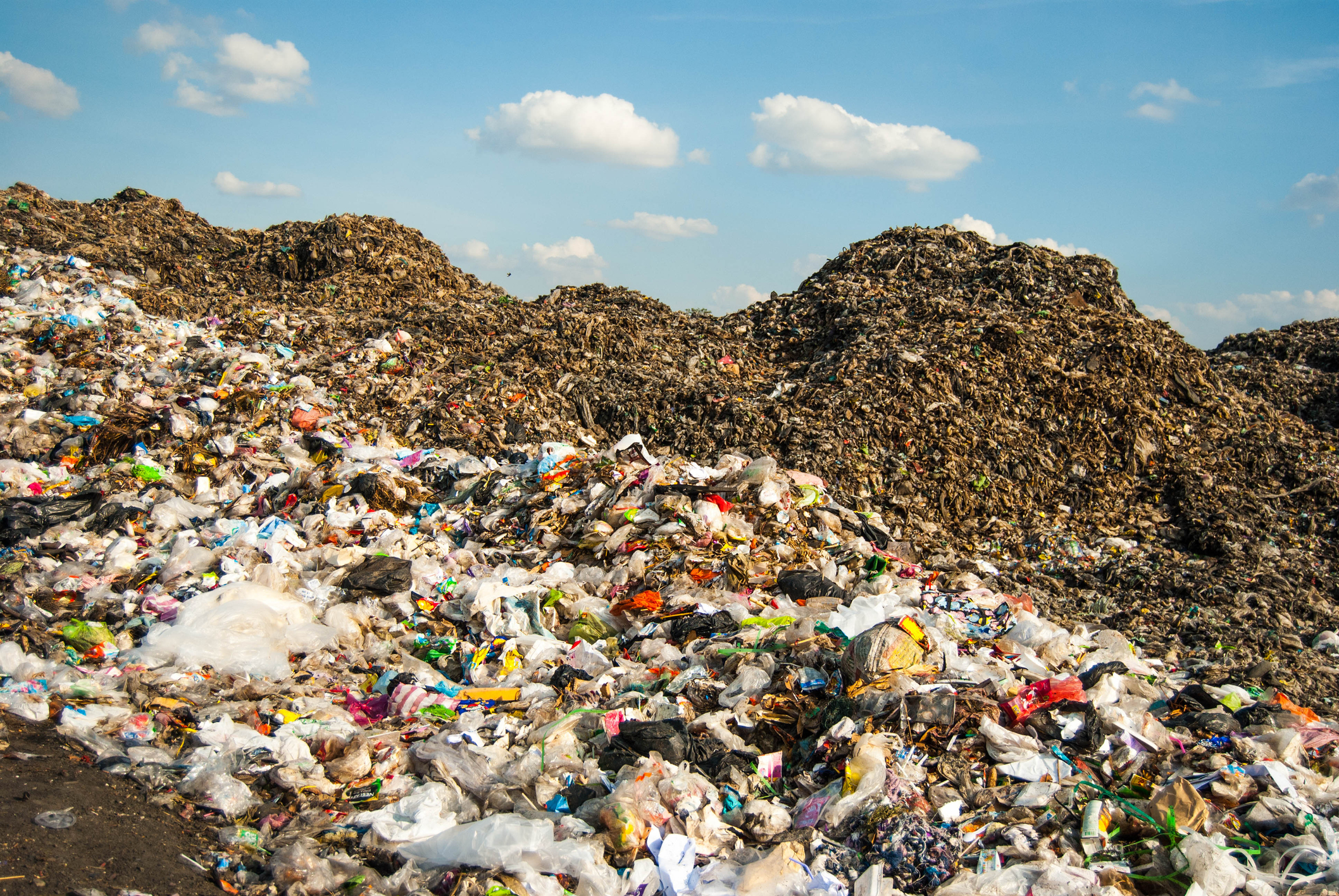
Proof-of-Concept: Desa Kedas (Clean Village)
In 2019 we launched our first pilot in Indonesia, in an urban village called Sanur Kauh in Bali’s capital city Denpasar, working with the local community to transform their TPS3R. The residents chose the name Desa Kedas for this effort, which is Balinese for “Clean Village.”
Together we supported households in building new recycling behaviours, optimized collection and sorting operations, integrated independent local waste collectors, and upskilled workers and community members.
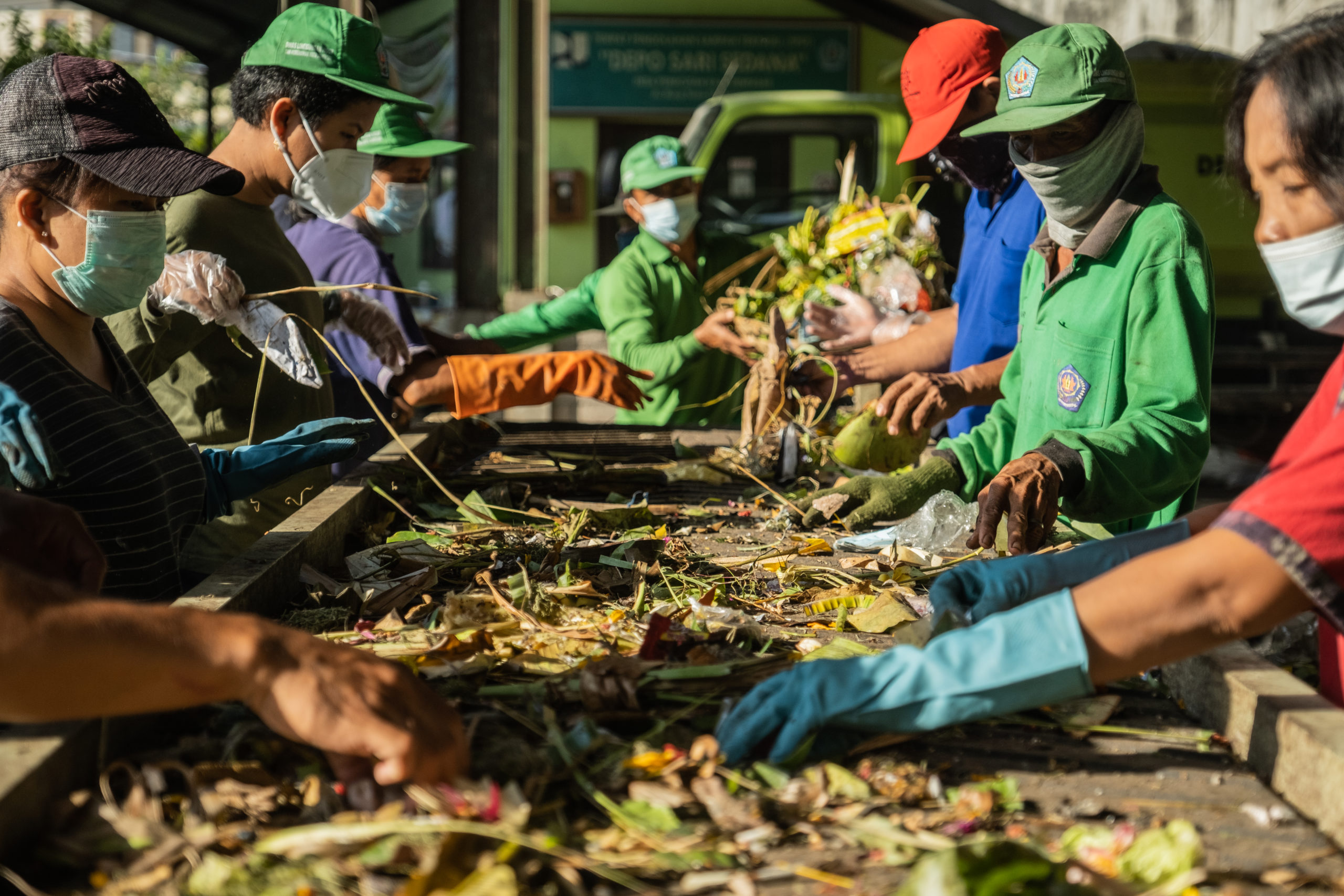
In less than four months, Sanur Kauh’s TPS3R went from losing money to being profitable and financially self-sustaining. At the same time, we transformed recycling and composting productivity, doubled workers’ wages, and provided them access to critical social programs such as health care.
Today, Desa Sanur Kauh serves as a demonstration and learning site for the Rethinking Recycling Academy, an initiative designed to catalyze the transformation of waste management systems in multiple communities at once. The Sanur Kauh TPS3R has been celebrated by Indonesian ministries and heralded as the gold standard for community-driven waste management.
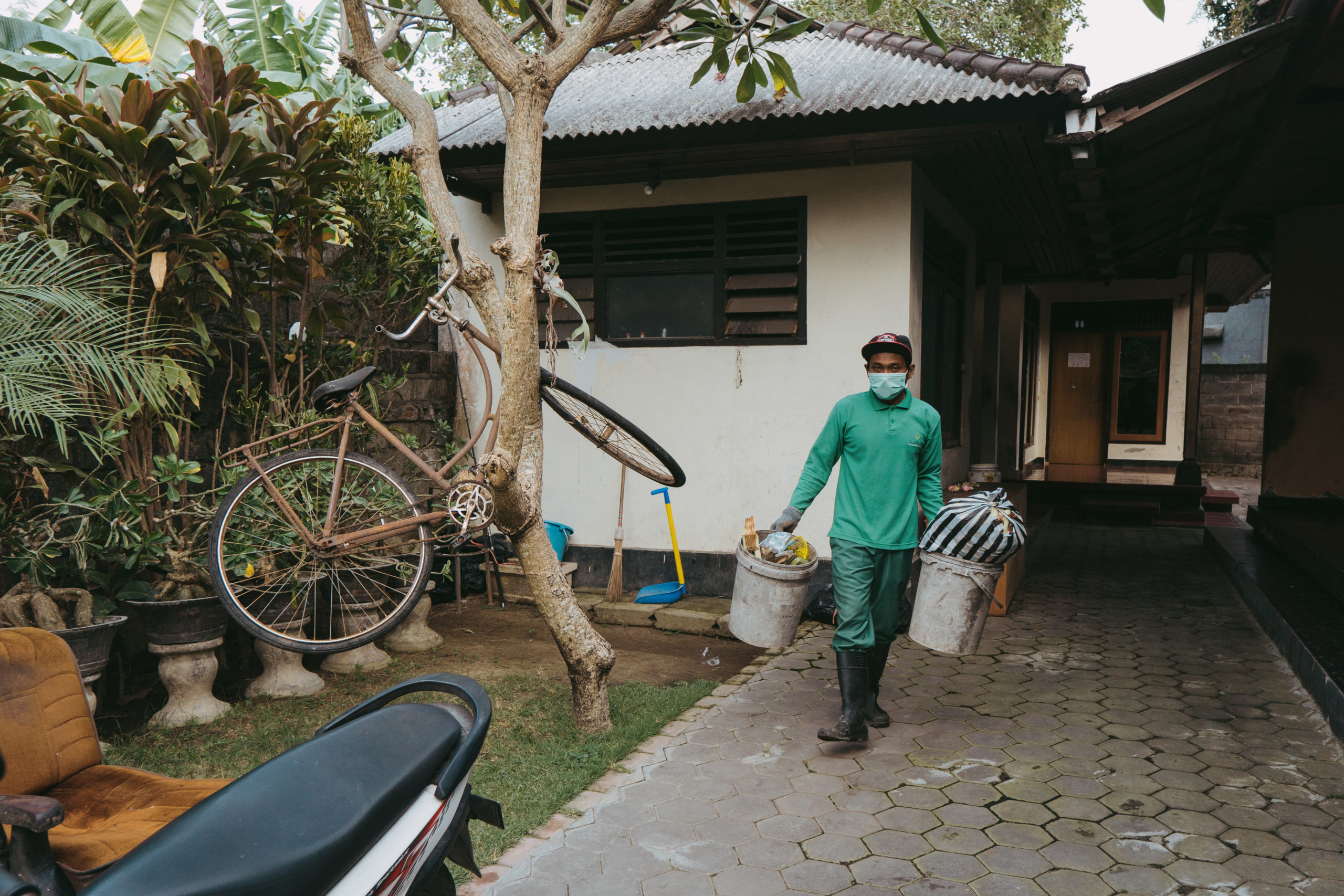
Scale-up Initiative: Rethinking Recycling Academy
The Rethinking Recycling Academy is an innovative hybrid initiative of digitally-delivered capability building, on-the-ground implementation support, and access to up-front capital. This approach enables us to work with whole cohorts of villages at once, to rapidly set up productive and financially stable waste management systems in their communities.
In 2020 we launched the Rethinking Recycling Academy in six villages in Denpasar, which are now in implementation phase and—on track to bring recycling services to 125,000 people by the end of 2022.
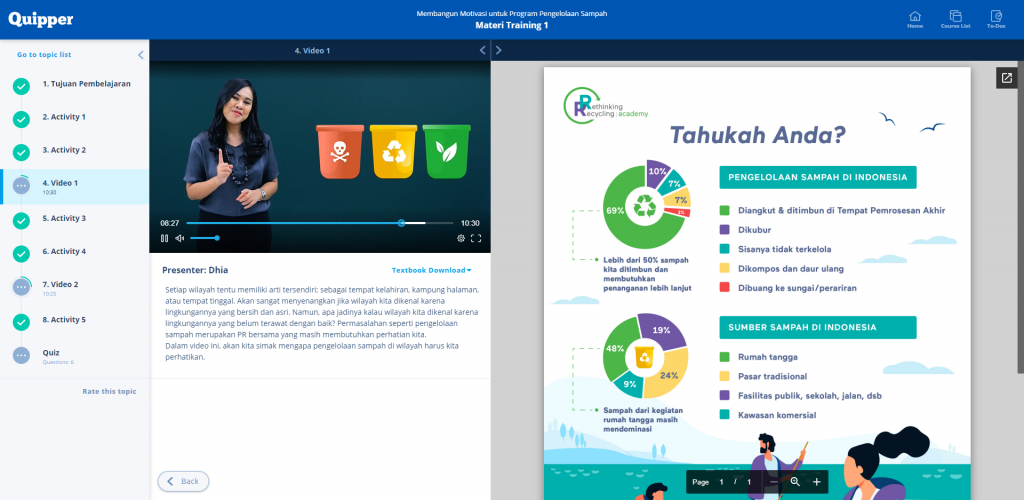


Our Impact
Approach
Partnering to Scale Impact Across
Indonesia and Southeast Asia
Our partners across the waste management ecosystem have been vital to our scaling initiative, the Rethinking Recycling Academy’s success. For delivering capability building, we’ve drawn on the global waste management expertise of Avfall Norge, through the programme Clean Oceans through Clean Communities (CLOCC), the digital education expertise of Quipper, and the deep local insight of recycling innovator EcoBali. Our funding partners, like the Alliance to End Plastic Waste have made development of the Academy content possible, while other partners such as WWF through its Plastic Smart Cities initiative and PRAISE have supported infrastructure investments as villages implement their Academy learnings. We also partner closely with the Indonesian ministries that enable coordinated buildout of and investment in waste management systems nationally. And of course, the true protagonists of the Academy are the communities themselves, leading transformations that they own and co-design from day one.
With each new cohort we will learn what works and refine our materials and processes allowing us to scale more efficiently. Our goal is to expand into other parts of Indonesia and Southeast Asia in the coming years.
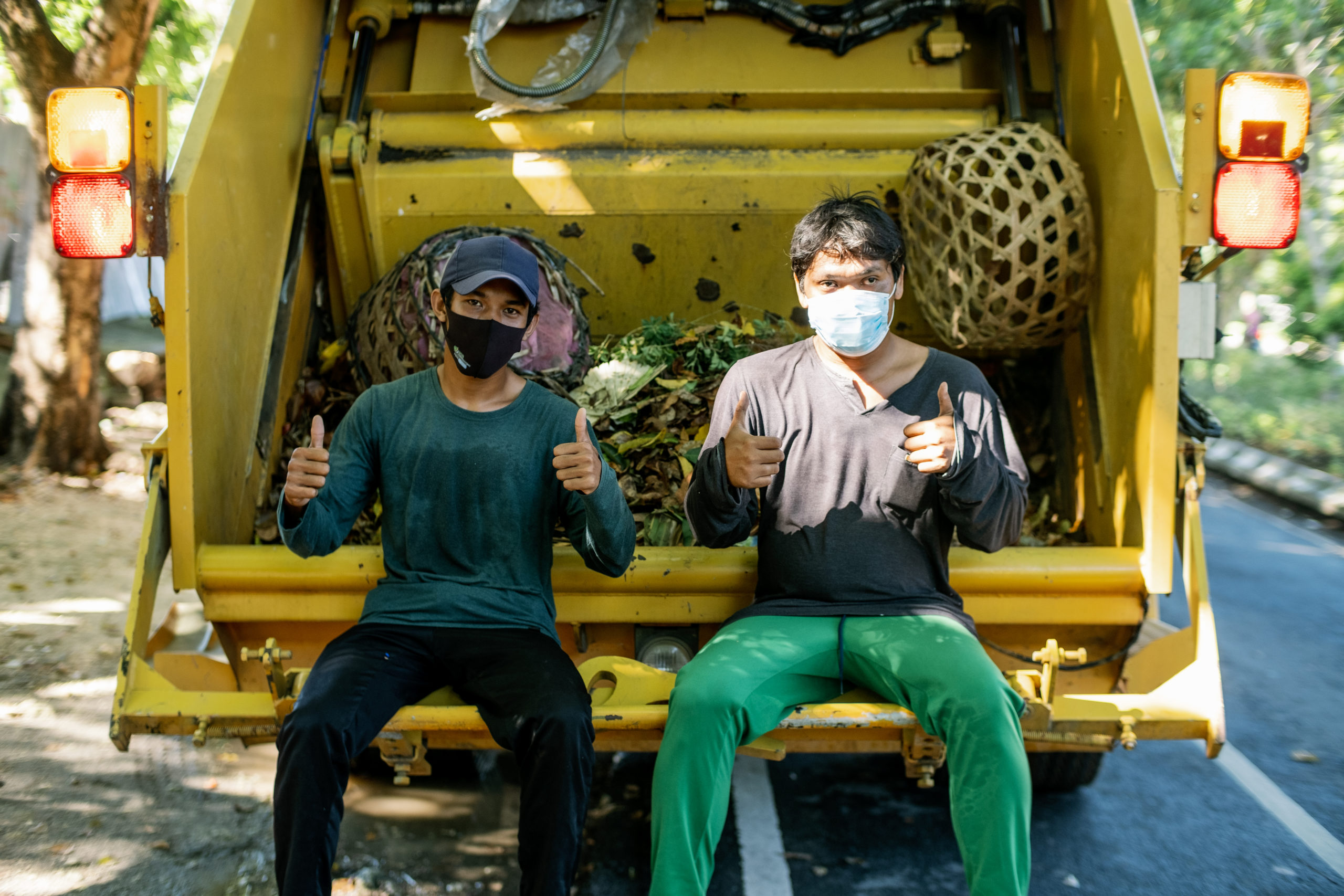
Leveraging Technology
As part of the on-the-ground support component of the Academy, we have built digital tools to boost and accelerate positive change across multiple communities. We believe human-centered technology is key to achieving impact at the scale and speed that the waste crisis demands.
Based on working hand-in-hand with local waste management operators, we developed an operations platform to meet the urgent need for reliable operational data and professionalizing business practices. Features of this web and mobile app include customer management, automated payments and payment tracking, waste material tracking, and sales tracking of recyclable materials and compost, all designed for a manual labor and limited digital literacy context. On-time and accurate payments by customers have gone up dramatically, and site managers are able to quickly identify and troubleshoot operational or financial issues.
Digital technology also holds great promise for improving and sustaining recycling habits. With our WhatsApp chatbot (named Ami, short for “Ayomilah” or “Let’s sort” in Bahasa), community members and program champions get immediate answers about what’s recyclable, what’s compostable, collection days for different waste categories, and when payments are due. The chatbot also sends personalized messages to remind people how to sort their waste correctly, and early results show improved sorting accuracy and participation by pilot customers.
Follow our Recycling Chatbot Ami
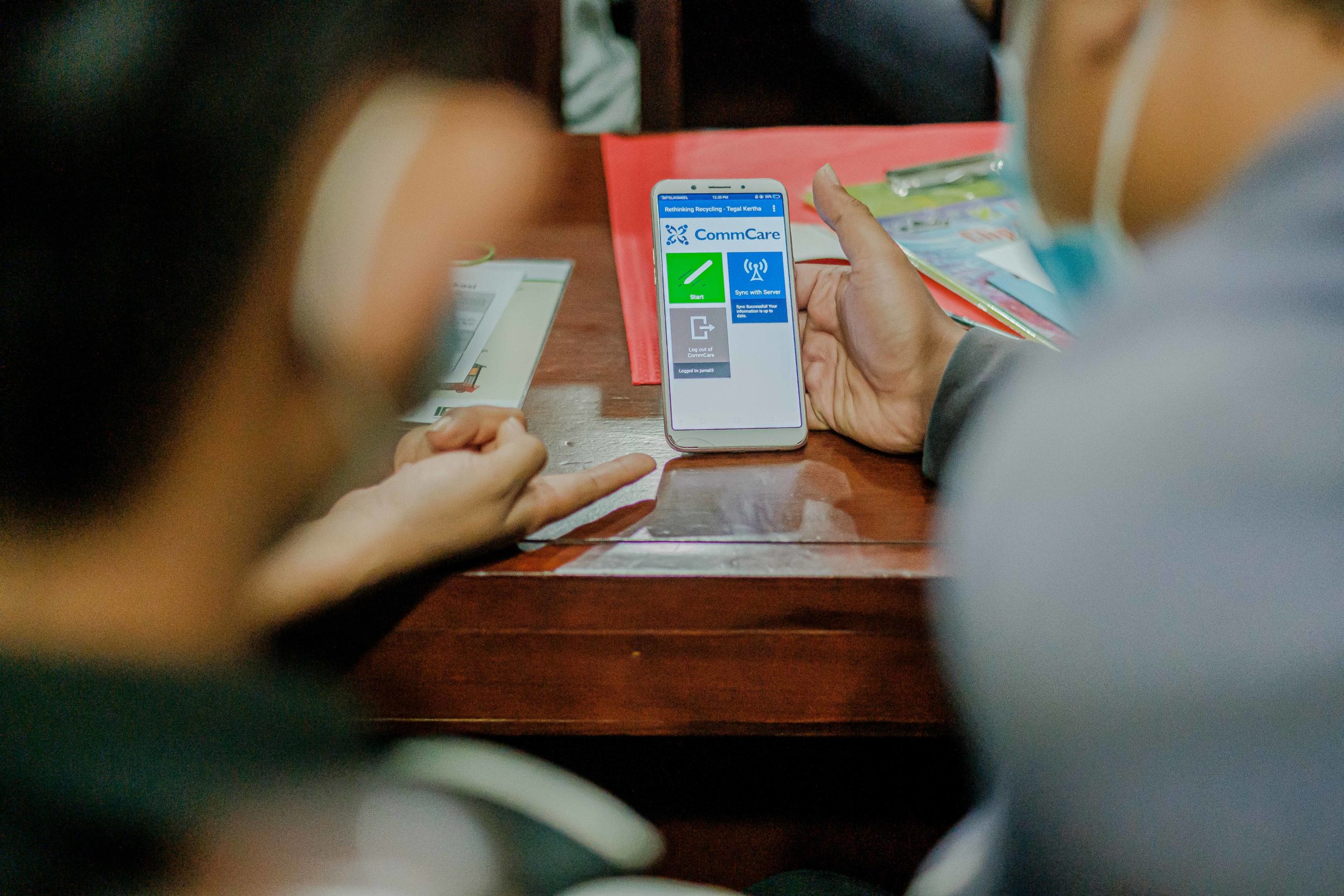
Building Supply, Increasing Demand
We have hosted design workshops with local nonprofits, recycling companies, and corporate end buyers, including one of the largest association of packaging and recycling companies – PRAISE, whose founding members include the largest consumer goods companies in Indonesia: Coca-Cola Indonesia, Danone Indonesia, PT Indofood Sukses Makmur Tbk., PT Nestlé Indonesia, Tetra Pak Indonesia, and PT Unilever Indonesia Tbk. These workshops highlighted the keys to unlocking the productivity of Indonesia’s recycling ecosystem: reliable supply at scale for recycling processors; pricing and quality within competitive range of virgin materials; traceability to enable inventory tracking and prevention of environmental and human rights abuses. We’re now turning to solving these supply chain and demand challenges in collaboration with local and global corporate partners.
What’s Ahead
- Expanding Rethinking Recycling Academy across Bali to reach more than 2 million people
- Expanding to other parts of Indonesia, such as rural island areas
- Accelerating investment in recycling industry capacity
- Bringing traceability and transparency throughout the value chain, through digital and process innovations
- Applying what we’ve learned across Southeast Asia and our work in Latin America
